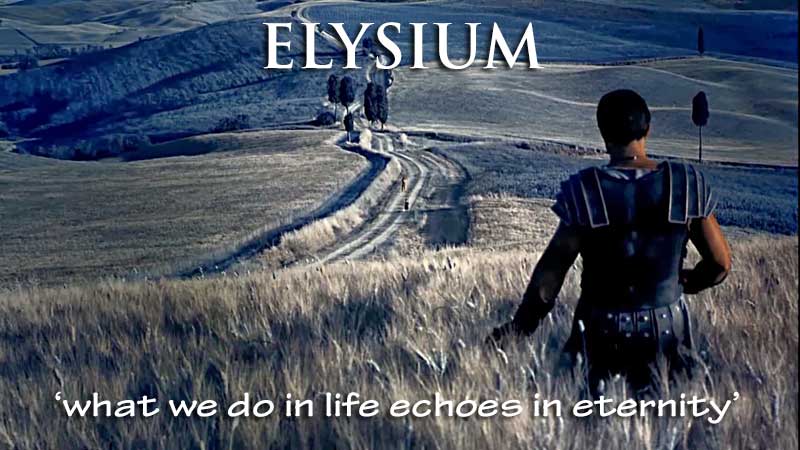
Elysium or the Elysian Fields (Ancient Greek: Ἠλύσιον πεδίον, Ēlýsion pedíon) is a conception of the afterlife that developed over time and was maintained by certain Greek religious and philosophical sects and cults. Initially separate from the realm of Hades, admission was reserved for mortals related to the gods and other heroes. Later, it expanded to include those chosen by the gods, the righteous, and the heroic, where they would remain after death, to live a blessed and happy life, and indulging in whatever employment they had enjoyed in life.
REST IN PEACE OLD FRIENDS
Denis Ballard ♦ Susan Banks ♦ Bruno Barber ♦ Dave Bentley ♦ Dickie Bluer ♦ Markus Casey ♦ Hugh Chapman ♦ John Chinca ♦ Prince Chitwood ♦ Peter Clark ♦ Margethe deNeergaard ♦ Geoff Egan ♦ Chris Fenn ♦ Nick Fuentes (Farrant) ♦ Alan Gammon ♦ Simon Grant ♦ Jo Groves ♦ Friederke Hammer ♦ Brian Hobley ♦ Liz Howe ♦ Ivor Noël Hume ♦ Derek Keene ♦ Graham Kenlin ♦ Elias Kupfermann ♦ Penny MacConnoran ♦ Bill McCann ♦ Tony McKenna ♦ Ralph Merrifield ♦ Marie Nally ♦ Eric Norton ♦ Gina Porter ♦ Chris Phillpotts ♦ Caroline Louise Rochester ♦ Kikar Singh ♦ Jane Squirrell ♦ Angus Stephenson ♦ Roberta Tomba ♦ Percival (Val) Turnbull ♦ Alan Vince ♦ Bill White ♦ Des Woods
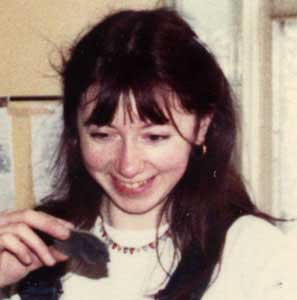 Caroline Rochester
Caroline Rochester
 Margrethe-de-Neergaard
Margrethe-de-Neergaard
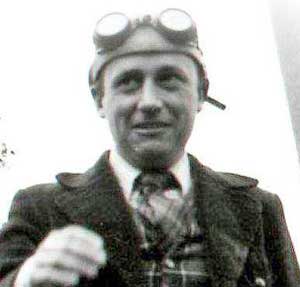
Hugh Chapman
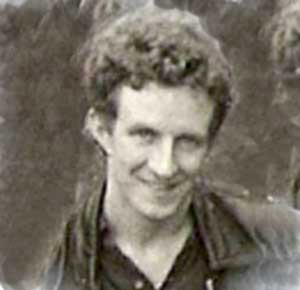
Dave Bentley

Marie Nally 1955 - 1998
Download Marie's Funeral Service here
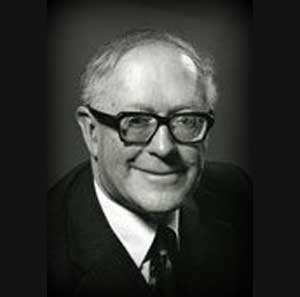
Ralph Merrifield
The Independent
 John Chinca
John Chinca
From Tim Ellis with many thanks. John at my place in Hornsby 1992 ( I think). We kept in touch until he passed 1996. He’d just been to see Frankie Howerd. Hope this helps, he was such a gentle soul
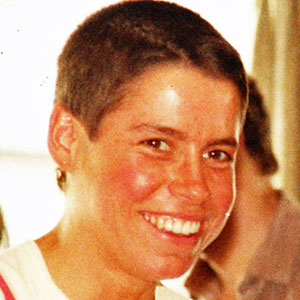
Jo Groves

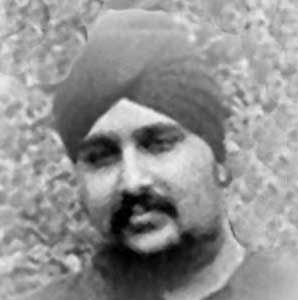 Kikar Singh
Kikar Singh
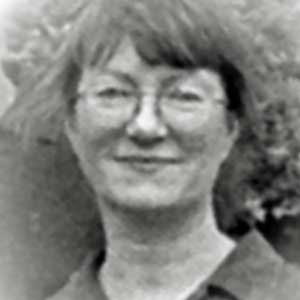 Susan Banks
Susan Banks
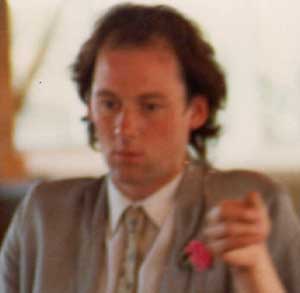
Simon Grant

Alan Vince
The Guardian
Click London Archaeologist PDF to download
Penny's tribute by Lyn Blackmore, Ian Blair and Jackie Keily
and
here to download ‘Ode to Penny’ PDF, the reading that
was given as a celebration of her life at her funeral service.
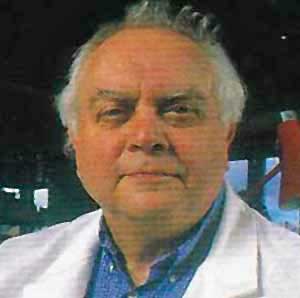
Bill White
The Guardian
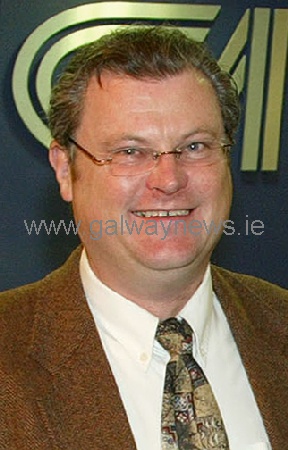
Markus Casey
1957 - 2008
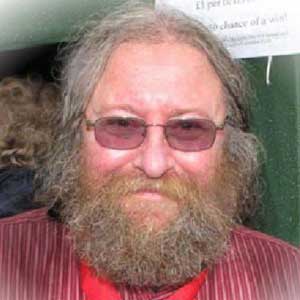
Geoff Egan
1951 - 2010
PDF
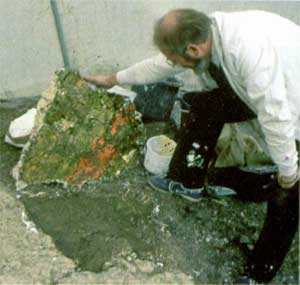
Tony McKenna
Harvey Sheldon PDF
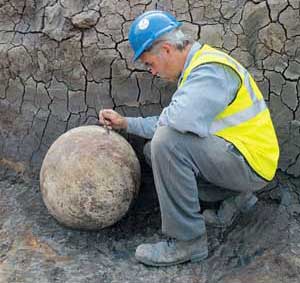
Dickie Bluer
PDF
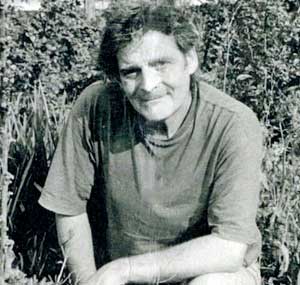 Graham Kenlin
Graham Kenlin
13th February 1953 - 30th December 2013
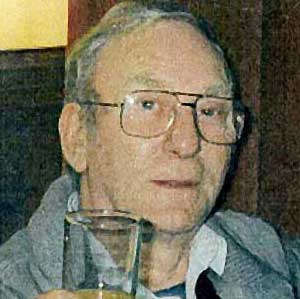 Alan Gammon
Alan Gammon
PDF
 Jane Squirrell
Jane Squirrell
Jane worked in the Environmental Lab and left round about 1980 for the National Maritime. Very lively, full of joie-de-vivre, certainly one of Hobley's Heroines. She died in September [2015] at the age of sixty after a long battle with cancer.
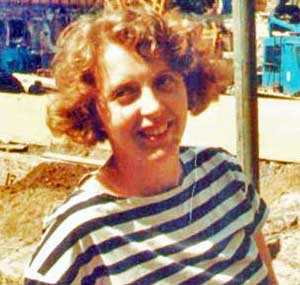
(1920–2016)
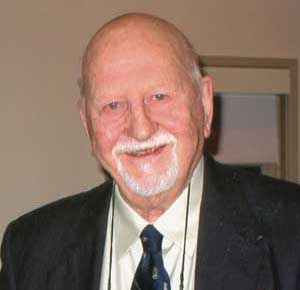 Ivor Noël Hume (1927—2017):
Ivor Noël Hume (1927—2017):
the career of a trans-atlantic archaeologist remembered by Ian Blair and Bruce Watson. Published in the Transactions of the London and Middlesex Archaeological Society Volume 67 2016
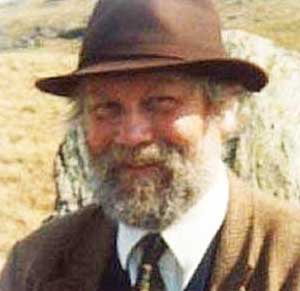 Percival (Val) Turnbull
Percival (Val) Turnbull
d. August 2016
Bill McCann
Click here to read
"Remembering Bill McCann" by Ian Blair
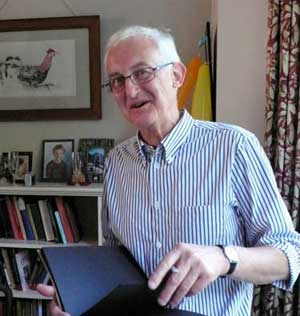
Derek Keene
1942 - 2021
Click here to read Derek's obituary by Mathew Davies
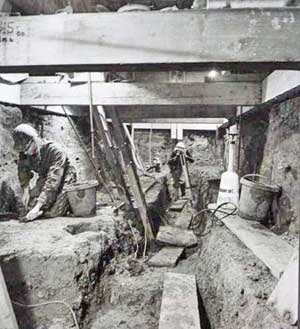
Peter Clark
1959 - 2021
Click here to read Peter Clark - a Tribute by Paul Bennett
Above: Pete at Copthall Avenue in 1981,
his first site in London with the DUA.
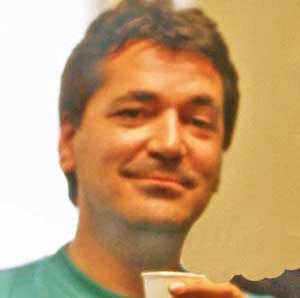 Eric Norton
Eric Norton
Click here to read
"Remembering Eric Norton" by Ian Blair
 Gina Porter
Gina Porter
1957 - 2021
Click here to read "In memory of Gina Porter 1957 - 2021"
by Ian Blair
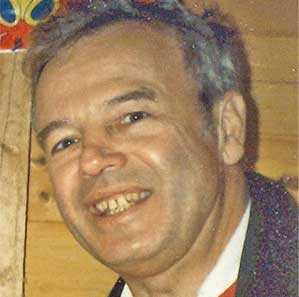 Nick Fuentes (Farrant)
Nick Fuentes (Farrant)
1934 - 2010
Click here to read/download Clive Orton's obituary
"an appreciation of Nick Fuentes"
London Archaeologist Autumn 2010
RETURN TO THE PREVIOUS PAGE
 Chris Phillpotts
Chris Phillpotts
1955 - 2013
Click here to read an obitury from the
Crickley Hill Excavation blog
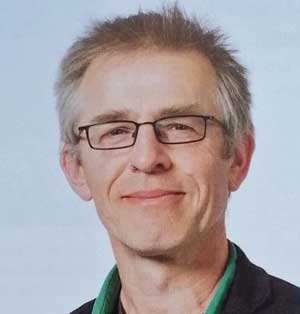 Bruno Barber
Bruno Barber
1962 - 2022
 Roberta Tomber
Roberta Tomber
1954 - 2022
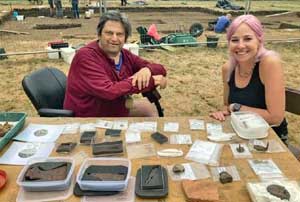
Elias Kupfermann
1965 - 2022
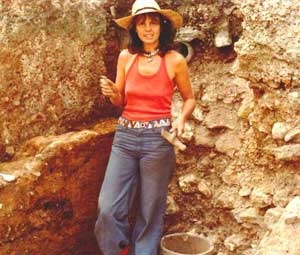 Friederike Hammer
Friederike Hammer
1934 - 2023
Ian's Obituary published in the London Archaeologist Autumn 2023
Brian Hobley Chief Urban Archaeologist 1972 - 1989 passed away on 16th November 2023. He was 93. He had a fall the week before which resulted in multiple fractures. He died in hospital a week later of hospital-acquired pneumonia. The funeral service was held on 7th December 2023 at Canley Crematorium Coventry.
 Chris Fenn (1958 - 2022)
Chris Fenn (1958 - 2022)

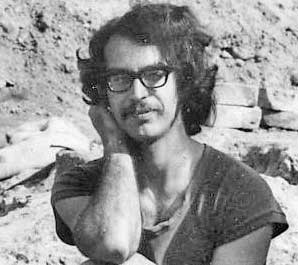
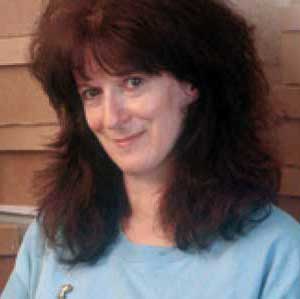
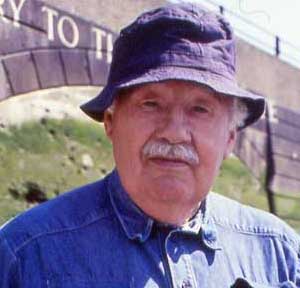
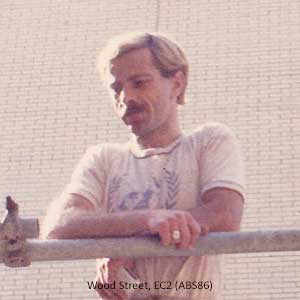

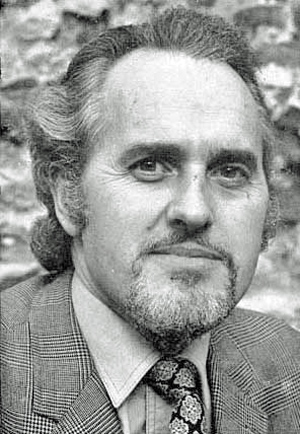

Comments powered by CComment